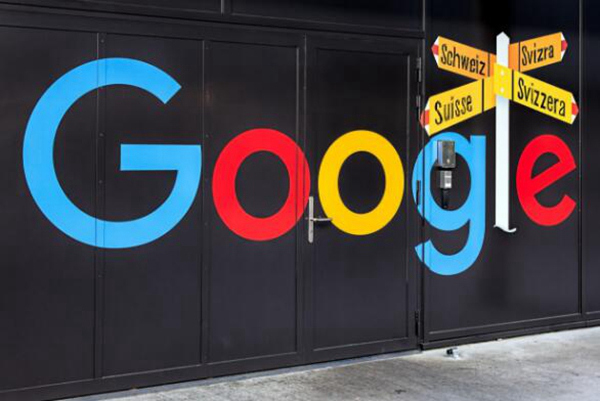In 2024, Google has made significant progress in the field of artificial intelligence, and its series of innovations have reshaped the technology landscape and user experience. This article will focus on Google’s five major breakthroughs in artificial intelligence, demonstrating its leading position in the research and development and application of AI technology, as well as its impact on future technological development.
In 2024, Google significantly advanced artificial intelligence (AI), launching innovations that reshape technology and user experience. Here are five of the biggest advances Google has made in artificial intelligence this year:

In December 2024, Google released Gemini 2.0, opening a new chapter in AI capabilities. This advanced model introduces agent capabilities, enabling AI to perform complex tasks autonomously and efficiently. Gemini2.0's multi-modal reasoning enables it to seamlessly process and generate text, images and audio, enhancing cross-platform user interaction. Its integration with ecosystems such as Google Search, Maps, and Workspace provides users with a unified and intuitive AI experience.
2. Veo2: Revolutionizing AI-generated video contentVeo2 from Google sets a new standard for AI-driven video generation. Veo2 leverages vast amounts of data, including YouTube content, to create highly realistic, contextually accurate videos. Early testers noted that Veo2 performs better than its competitors, highlighting its precise following of cues and advanced physics modeling. This innovation opens up new avenues for content creators and marketers, providing tools to create high-quality videos with unprecedented ease.
3. Mariner Project: Enhanced Human-Computer InteractionProject Mariner was launched as a research prototype to explore the future of human-computer interaction, starting with a web browser. Mariner is built on the Gemini 2.0 framework and is able to understand and reason about information in the browser, including text, images and forms. This feature enables it to help users complete tasks more efficiently, which is an important step towards providing more intuitive and useful AI assistants in daily digital activities.
4. LearnLM: Transforming education through personalized AI tutorsLearnLM, developed by Google, introduces a series of language models designed to serve as personal AI tutors. LearnLM is designed to enhance the educational experience by providing personalized assistance to students and educators. By understanding individual learning needs, it provides tailored support to make education more accessible and effective. This move highlights Google's commitment to using AI to benefit society, especially in the field of education.
5. NotebookLM: Using artificial intelligence to organize informationNotebookLM is an experimental project focused on tailoring personalized AI experiences to individual needs. It trains AI based on data provided by users, organizing links, images, videos, notes, and documents into a simple notebook-like interface. The tool improves productivity by synthesizing information and providing users with a coherent and accessible way to manage their digital content.
These advancements underscore Google's commitment to pushing the boundaries of artificial intelligence technology. By integrating sophisticated AI models into its products and services, Google continues to influence the trajectory of technological innovation, making AI more accessible and beneficial in every field.
These breakthrough developments of Google in the field of artificial intelligence indicate that AI technology will be more deeply integrated into people's lives in the future and bring transformative impacts to various industries, which deserves continued attention and anticipation.